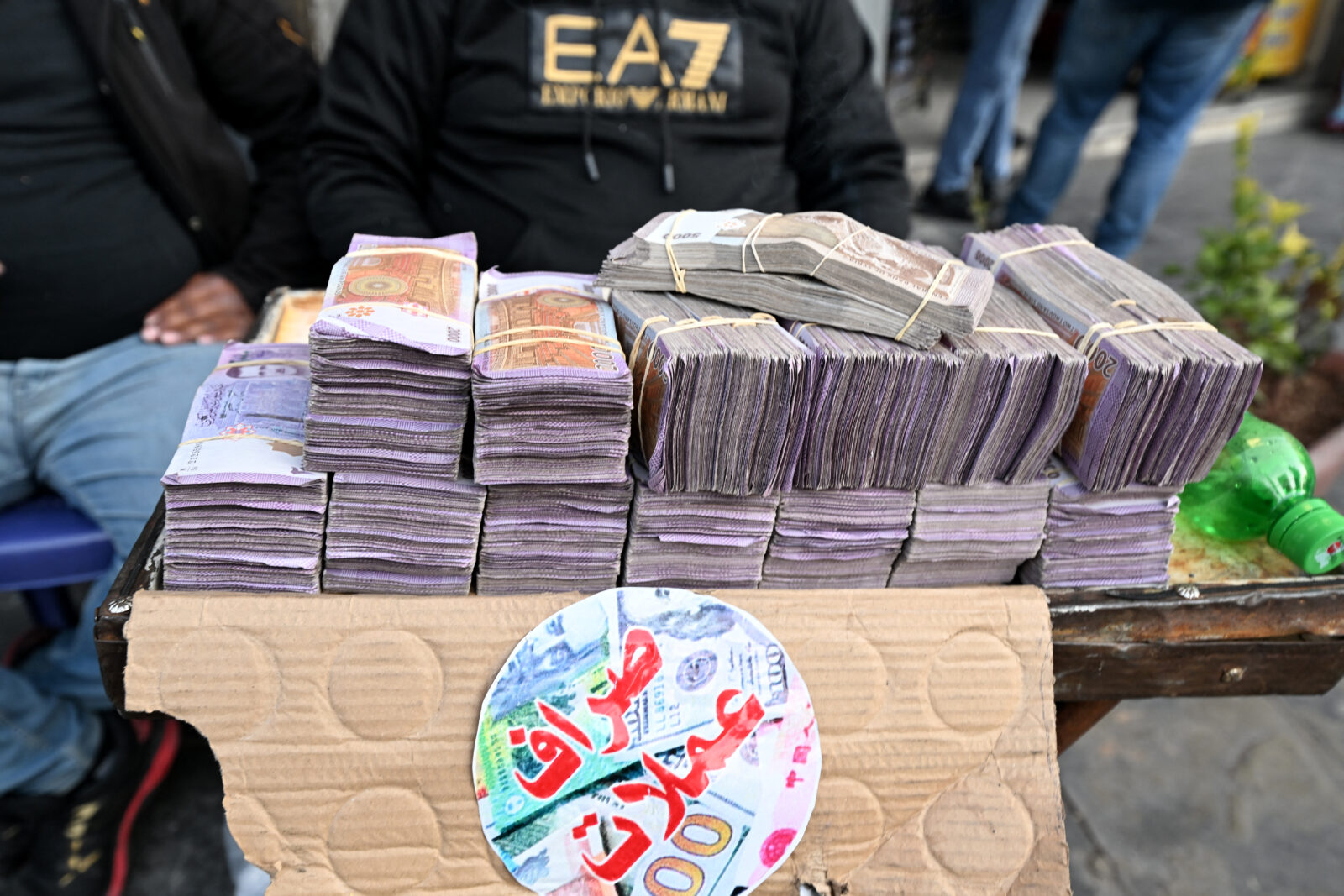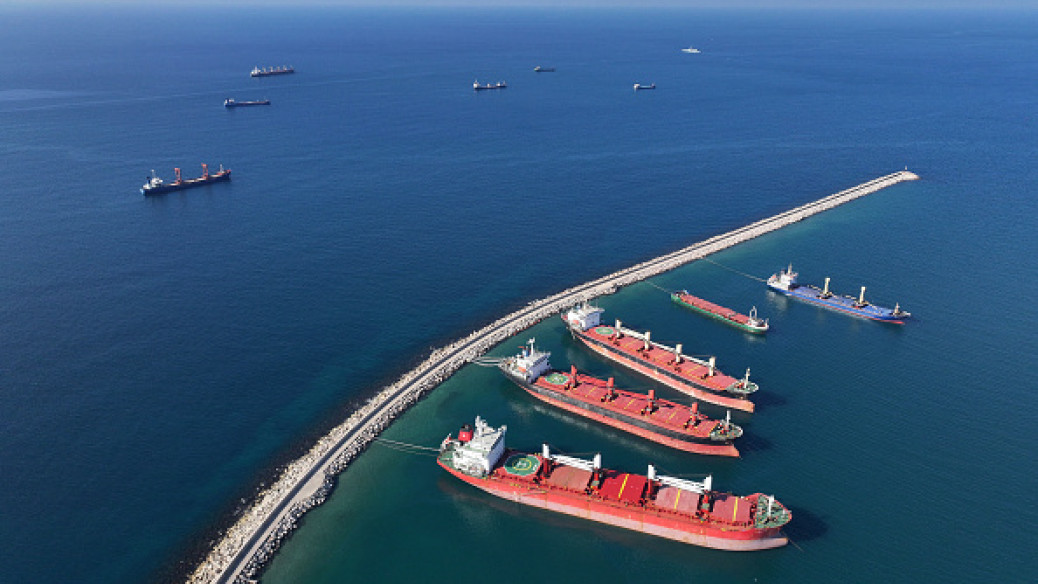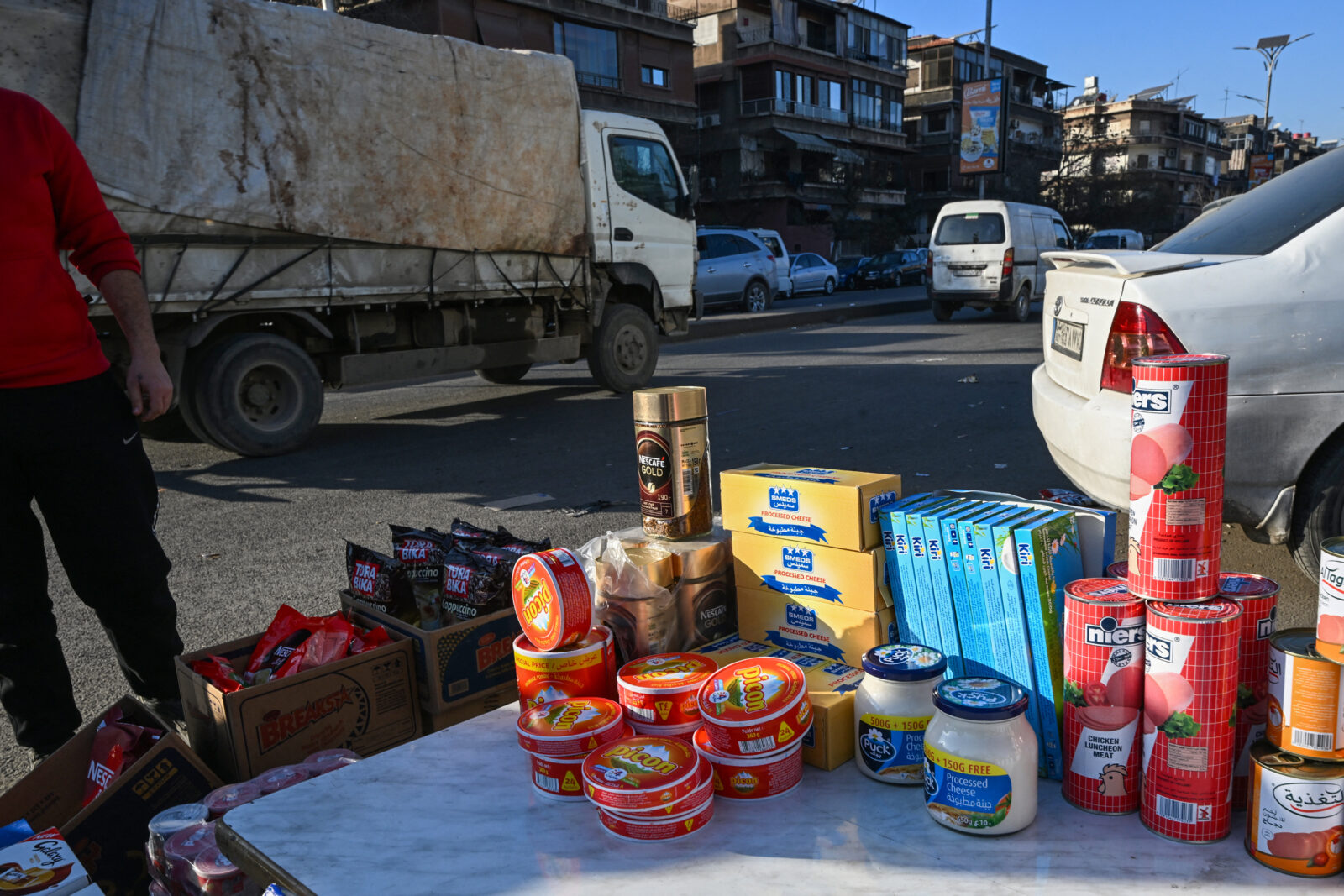
The European Union is weighing a suspension of sanctions on Syria related to energy and transport, though member states remain divided on easing restrictions on financial transactions, according to diplomats and a document seen by Reuters.
EU foreign ministers are set to discuss the proposal during a meeting in Brussels on Monday. EU foreign policy chief Kaja Kallas expressed optimism about reaching a political agreement on the matter.

The EU's approach to Syria has shifted since Bashar al-Assad was ousted as president in December by forces led by the opposition-led groups.
The potential lifting of sanctions is aimed at stabilizing Syria and encouraging refugee returns. Transport sanctions have hindered airport operations, while energy restrictions have exacerbated power shortages.
A document from EU diplomats recommends swift action to suspend restrictions on sectors deemed critical for Syria's economic reconstruction, including energy and transport.
The move would be gradual, reversible, and contingent on Syria meeting conditions such as respecting fundamental freedoms and fostering an inclusive transition.

The proposal reflects a compromise among EU capitals, with some governments advocating for rapid action and others favoring a more cautious approach to maintain leverage. Should a political agreement be reached, technical details of the suspension will follow.
Some sanctions are expected to remain in place, particularly those targeting individuals and entities linked to the Assad regime, as well as restrictions on the illicit drug trade and arms trafficking.

Syria's U.N. Ambassador Qusay Al-Dahhak has called for the full lifting of sanctions, emphasizing that they were originally aimed at the Assad regime and continue to impede recovery efforts.
"It has been one month since the dawn of freedom broke in Syria," he stated, referring to the political changes following Assad’s fall. Al-Dahhak described the regime’s collapse as a "revolution of freedom and dignity," urging nations like the United States to remove sanctions that affect ordinary Syrians.
Türkiye’s Vice President Cevdet Yilmaz also urged the international community to lift outdated sanctions, noting their irrelevance in Syria’s current geopolitical context. "There are sanctions imposed during the Assad era. Now there is a new Syria, and it is no longer appropriate to view it with outdated definitions," Yilmaz said.

EU sanctions on Syria date back to 2011, targeting the Assad regime for human rights abuses and escalating violence. Restrictions include arms embargoes, bans on crude oil imports, and freezes on the central bank’s assets.
While some exemptions allow for humanitarian aid, access to essential goods remains limited. Officials argue that easing sanctions could facilitate Syria's economic recovery and improve living conditions.